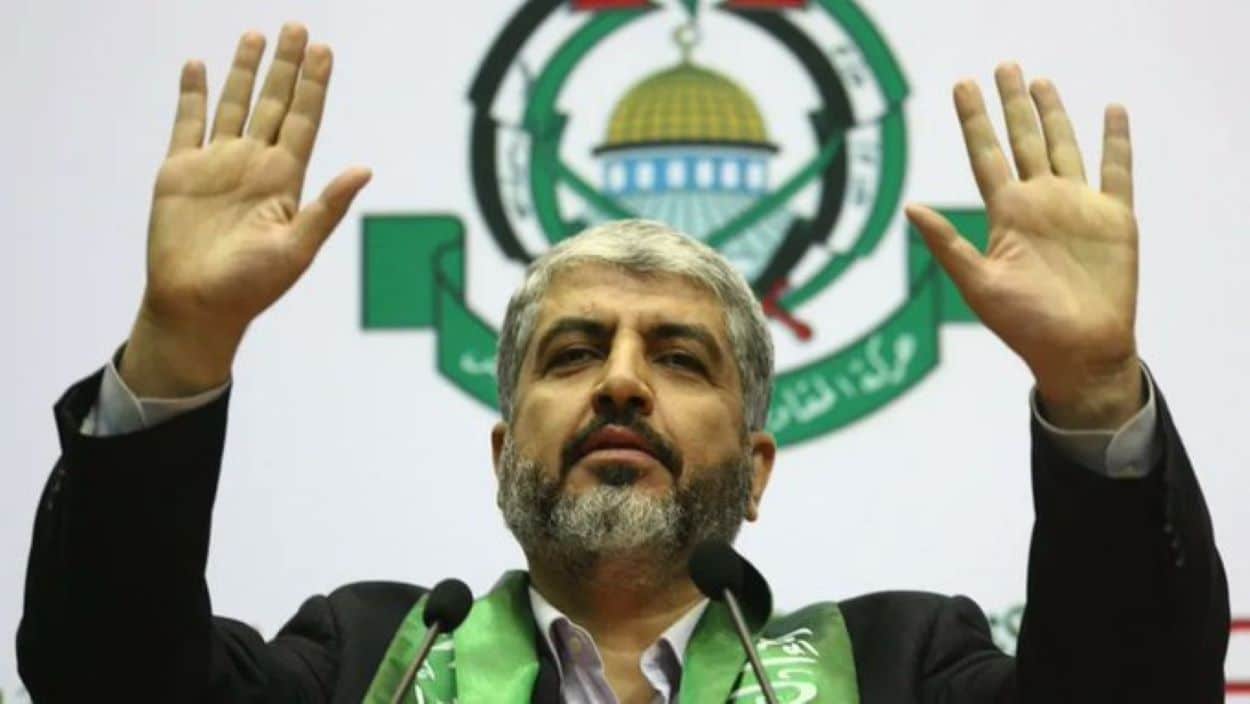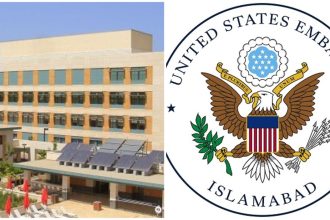Khaled Meshaal, poised to lead Hamas, gained global attention in 1997 when Israeli agents tried to kill him with poison in Jordan. This assassination attempt by Israeli Prime Minister Benjamin Netanyahu outraged Jordan’s King Hussein, who threatened drastic actions unless Israel provided an antidote. Israel complied, releasing Hamas leader Sheikh Ahmed Yassin, who was later killed in Gaza.
For many in Israel and Western countries, Hamas is viewed as a terrorist organization intent on destroying Israel. However, Palestinian supporters see Meshaal and other leaders as freedom fighters, advocating for Palestinian liberation when diplomacy has failed.
In 1996, just before the assassination attempt, Meshaal became the political leader of Hamas in exile, enabling him to meet with international leaders despite Israeli travel bans on other Hamas officials. Recent reports indicate Meshaal is likely to succeed Ismail Haniyeh as the head of Hamas.
Senior Hamas official Khalil al-Hayya, favored by Iran, is also a potential leader. Meshaal’s past support for the Sunni-led revolt in Syria in 2011 strained his relations with Iran. Israel has targeted several Hamas leaders since the organization’s inception in 1987.
Meshaal’s Leadership and Challenges
After the 2004 assassination of Yassin and his successor, Meshaal took over Hamas leadership, wrestling with the strategy of either negotiating for Palestinian statehood or continuing the fight against Israel. While rejecting a permanent peace, Meshaal has suggested Hamas could accept a temporary state in exchange for a long-term ceasefire.
The October 7, 2023, attack by Hamas led to severe Israeli retaliation, killing over 39,000 Palestinians and emphasizing the dire situation in Gaza. Meshaal highlighted this attack as a pivotal moment for the Palestinian cause and called for broader support against Israel.
Meshaal’s Background and Rise to Power
Meshaal, born in the West Bank and raised in Kuwait, joined the Muslim Brotherhood at 15, which played a significant role in forming Hamas. He spent years abroad, advocating for Hamas and surviving a near-fatal assassination. Netanyahu’s unintended boost to Meshaal’s stature came after the failed 1997 assassination attempt.
Meshaal lived in exile in various countries, maintaining his leadership role despite severed ties with key allies like Syria and Iran. He returned to Gaza in 2012, marking his first visit since childhood. His leadership saw friction within Hamas, particularly with the Gaza-based leadership, leading to his replacement in 2017 by his deputy, Haniyeh. In 2021, Meshaal was elected to lead the Hamas office in the Palestinian diaspora.






